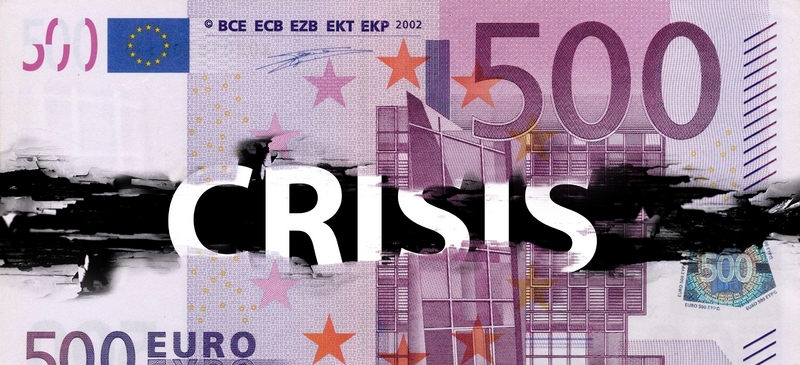
Debate grows as Europe fears return of a crisis
The recent shift has underscored that there have been no substantive fixes beyond promises by countries to reduce their budget deficits. "It looks like it's coming back with a vengeance, largely because none of the underlying problems have been solved," said Philip Whyte of the CER.
Mr Whyte said that despite two years of crisis management, the fundamental structure of the eurozone remained intact, with lower-productivity economies in the south yoked to higher-productivity economies in the north, which prevents the laggards from competing through a currency devaluation. "The ECB bought time, but what it ended up doing was simply tightening the link between national banks and their sovereigns," Mr Whyte said. "They made the system more vulnerable if markets started losing faith in debt sustainability in countries like Spain."
